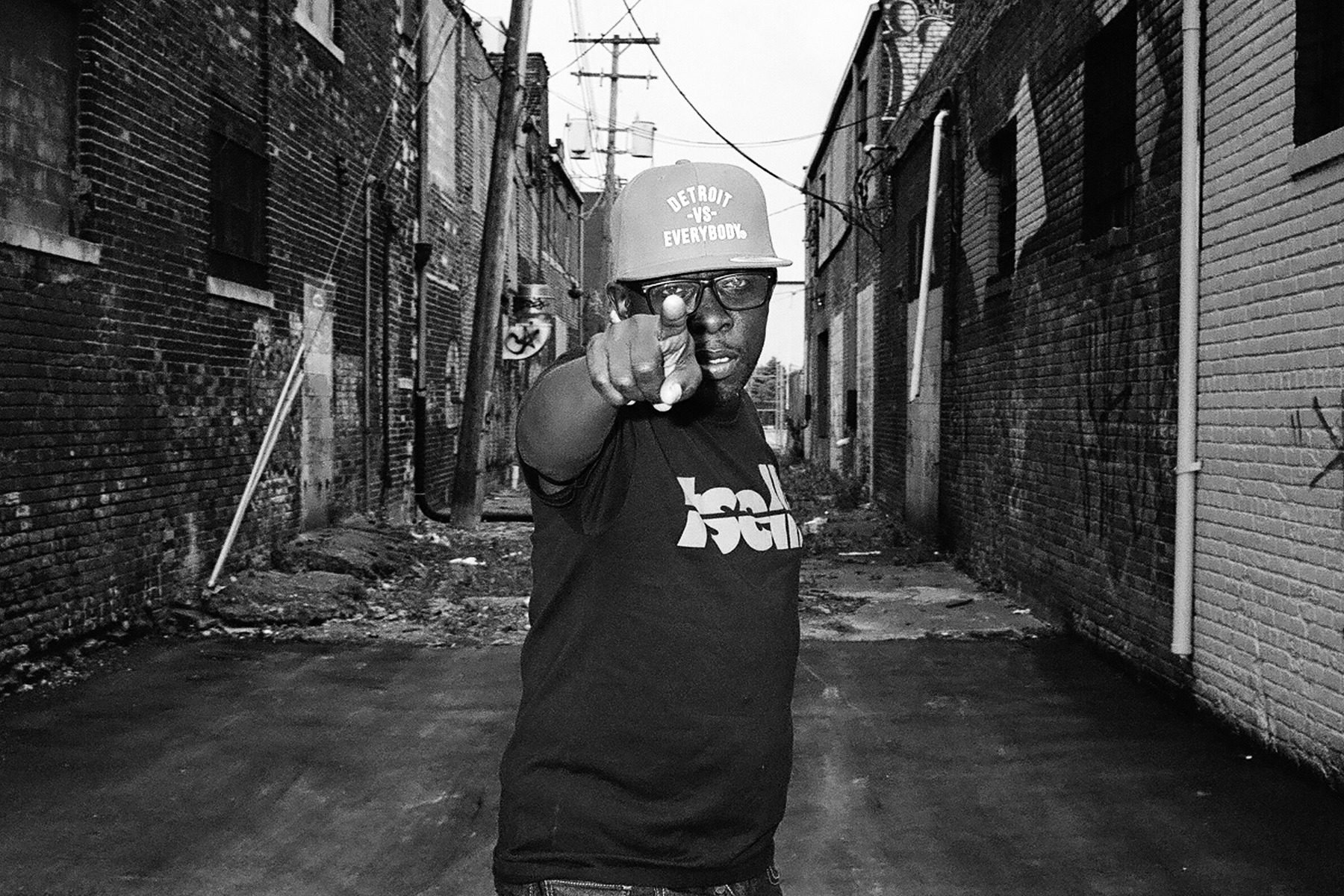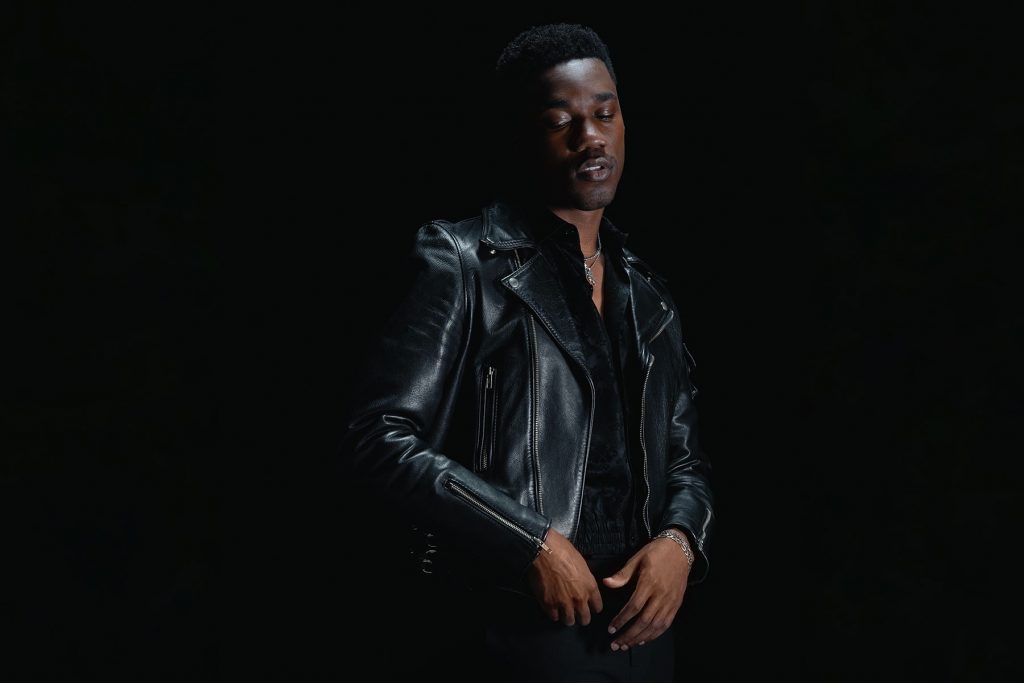
Phife Dawg’s Posthumous Album ‘Forever’ Is a Beautiful Tribute to a Hip-Hop Legend
Any posthumous album is, by its nature, haunting — the sound of ghosts on wax forever floating in a state between unfinished project and final-ever recordings. But in the case of Phife Dawg, who died in 2016 at the age of 45 from diabetes complications, that purgatorial sense feels particularly cruel. At the time of his death, the rapper born Malik Taylor had reunited — albeit tenuously — with New York hip-hop icons A Tribe Called Quest. That reunion led to Tribe’s final album, the excellent We Got It From Here … Thank You 4 Your Service, released in late 2016, eight months after Phife’s death.
Listening to We Got It From Here, it is obvious Phife Dawg still had plenty to give. In fact, the celebrated rapper had spent his final decade molding a treasure trove of unreleased rhymes into what he hoped would be a follow-up to his only solo album, 2000’s Ventilation: Da LP. It was never completed, but his family — alongside business and musical collaborator Dion Liverpool — has finally finished the job with Forever, which arrives six years to the day he died.
Unlike other posthumous albums, in which estates and family members use guesswork and vague guideposts to determine what the artist wanted, in this case Phife left, as Liverpool noted in a recent interview, “a lot of blueprints and clues.” Detailed notebooks included not just lyrics and song ideas but names of producers and guest stars and other specific details. Liverpool estimated two-thirds of the album was either finished or near fleshed out before he even stepped in.
blogherads.adq.push(function () {
blogherads
.defineSlot( ‘medrec’, ‘gpt-dsk-tab-article-inbody1-uid0’ )
.setTargeting( ‘pos’, [“mid-article”,”mid”,”in-article1″,”mid-article1″] )
.setSubAdUnitPath(“music//article//inbody1”)
.addSize([[300,250],[620,350],[2,2],[3,3],[2,4],[4,2],[640,250]])
;
});
Forever, which boasts appearances by Phife’s ATCQ partner Q-Tip, as well as Busta Rhymes, Redman, Rapsody, and De la Soul’s Maseo, and production by 9th Wonder and Nottz, exists in an alternate hip-hop universe where the genre stopped after the Soulquarians broke up in the early 2000s. The spirit of Phife’s friend and collaborator J Dilla looms almost as large as Phife himself; the late hip-hop visionary, who died in 2006, produced the lyrically dexterous “Nutshell, Pt. 2,” and Dilla acolytes are on hand emulating his vibe (see the Potatohead People-produced “French Kiss Trois,” featuring Dilla’s brother Illa J). On the chilling “Dear Dilla,” Phife eulogizes J Dilla on the verse, while Q-Tip uses the chorus to do the same to Phife.
Phife Dawg was always, among many other things, an unapologetic golden-age nostalgist, and on Forever he can often be heard reminiscing on what he considered hip-hop’s glory days. “Wow Factor” shouts out pioneers like Big Daddy Kane, Rakim, and Boogie Down Productions. “I’m that Seventies baby,” he rhymes. “Reppin’ hip-hop for the Nineties.” But it’s his calls to the future that end up being the most inadvertently heartfelt. “Can’t wait to help my unborn read they first book,” he rhymes on “Fallback.” “Or daddy’s little girl asking, ‘Daddy, what’s a hook?’”
Forever can be an emotionally brutal listen. Opener “Cheryl’s Big Son” features a poignant cassette recording of Phife as a child, while a spoken-word poem from his mother Cheryl Boyce-Taylor anchors “Round Irving High School” (“Phife was the bluеs, hip-hop, and hot jazz,” she sings). But it’s album closer “Forever” that will perpetually stand out as a gut-punch for fans of the nimble rapper. Phife recorded the verse just three days before his death, running through his history with A Tribe Called Quest — “four brothers with the mic and a dream” — and eschewing their fractious past in favor of an olive branch: “I love you muhfuckers, true spit, all facts/Deep in my soul, I believe what will be shall be/Requiem for a Tribe.”
blogherads.adq.push(function () {
blogherads
.defineSlot( ‘medrec’, ‘gpt-dsk-tab-article-inbody2-uid1’ )
.setTargeting( ‘pos’, [“mid-article2″,”mid”,”in-article2″,”mid-article”] )
.setSubAdUnitPath(“music//article//inbody2”)
.addSize([[300,250],[300,251],[620,350],[2,4],[4,2],[3,3],[2,2]])
.setLazyLoadMultiplier(2)
;
});
For anyone who watched the group’s Beats, Rhymes and Life documentary with a deep pang of regret and sadness, it’s both hard and admirable to hear lines from “Forever,” like “If I could do it all over again/I’d sit down with my friend/Was zero reason why this shit had to end.” In Forever, we hear both a middle-aged man looking back on his successes and failures both personally and professionally, and an artist unknowingly confronting mortality and trying to make peace at the end.




